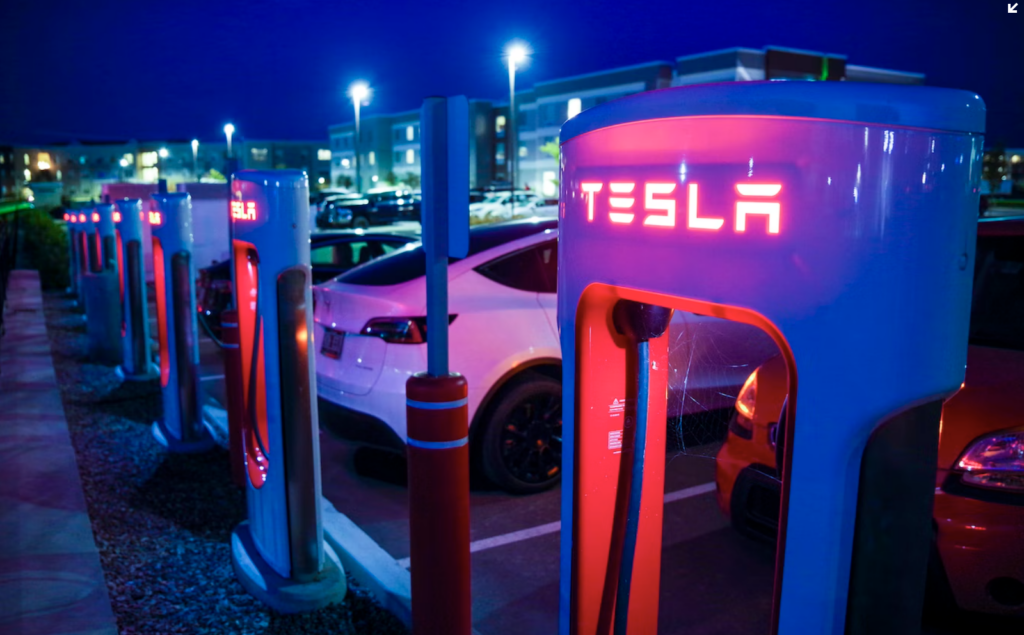Why You Shouldn’t Buy An Electric Vehicle If you Live In A Cold Climate
Electric vehicles lose approximately 30 percent of their range in cold climates.
This article is more than 2 years old

While many eagerly rush out to purchase (or upgrade) an electric vehicle, others view the EV surge through a more cautious lens. One of their hesitations has long been a belief that EV batteries could not hold up to extreme cold weather. And with news from a recent study, it appears their concerns were well-founded.
Recurrent is a Seattle-based firm that decided to test the performance of electric vehicle batteries in cold conditions. It gathered 7,000 EVs and exposed them to weather ranging from 19 degrees F (–7C) to 30 degrees F (–1 C). And what they found was not shocking news for electric vehicle skeptics.
According to CBC News, “At the low end, the Jaguar I-Pace had an estimated range loss of three percent, while the Volkswagen ID.4 had a 30 percent range loss at those temperatures.” The Audi e-tron fared nearly as well as the Jaguar, losing only 8% of its range. And the Ford Mustang Mach-E shared the second to top spot with the VW.
But the Chevy Bolt performed even worse, losing an estimated 32% of its range in cold temperatures. The BMW i3, Nissan Leaf, and VW e-Golf lost just over 20% of their range. The Hyundai Kona, Tesla Models 3, S, X, and Y all lost slightly under 20% of their range in cold conditions.
One of the researchers at Recurrent, Liz Najman, offered a good explanation of why these losses happen. She said, “gasoline engines are super inefficient, and so they create all of this waste heat. And when you turn the car on in a gas car, you just funnel all of that heat from the engine to the cabin.”
However, electric vehicles do not generate that excess heat. So the EV must rely on alternatives for heating the cabin and keeping passengers warm. Most electric vehicles tap into the battery to produce cabin heat.
But others use an efficient heat pump that does not pull as much energy resources away from that battery. These pumps allow those in the vehicle to stay warm on cold days without sacrificing too much range. Theoretically, that should alleviate some concerns from the EV-hesitant crowd.
Unfortunately, the testing doesn’t account for the frigid temperatures that residents of northern climates experience. For many of those areas, even 19 degrees can feel somewhat balmy in the height of winter. CBC spoke with one electric vehicle owner in Sudbury, Ontario, about his experience.
Steve Holmik owns a Tesla Model Y, which loses up to 50% of its range on bitterly cold days. Holmik tries to compensate for this loss by warming up his car while it remains plugged into the charger. Doing so shaves about 20% off his range loss, still leaving him with 30% less driving range.
That loss is problematic and could get downright dangerous in areas with little charging infrastructure. Some of the more northern climates often get even colder. And they have fewer charging stations.
It is bad luck for anyone who owns an electric vehicle in a colder area. But the good news is that car manufacturers continue to run cold-weather tests to improve the range of their EVs. So, hopefully, in the future, this issue will improve.



